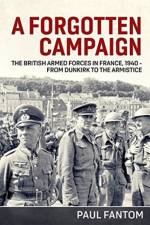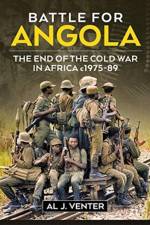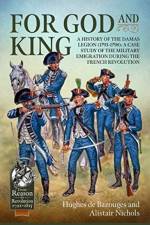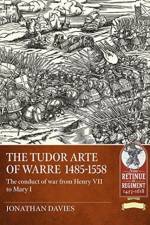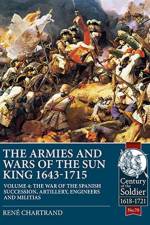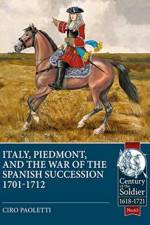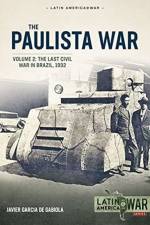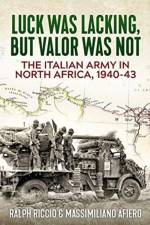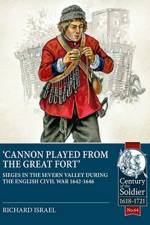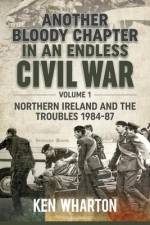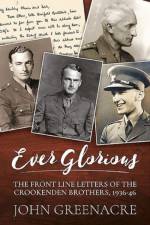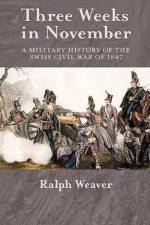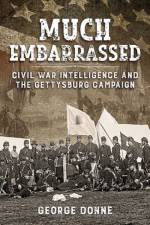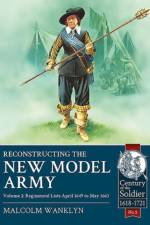- General Gotthard Heinrici, Heeresgruppe Weichsel and Germany's Final Defense in the East, 20 March-3 May 1945
av Aaron Stephan Hamilton
695,-
Nazi Germany's fall is regularly depicted through the dual images of Adolf Hitler directing the final battle for Berlin from his claustrophobic Führerbunker, and the subsequent Soviet victory immortalized by the flying of the 'Hammer and Sickle' over the burnt-out Reichstag. This popular view, that Germany's last battle of World War II was a deliberate, yet fatalistic, defense of Berlin planned and conducted by Hitler, is largely a historically inaccurate depiction that fits a popularized characterization of the Third Reich's end. Germany's final battle began when Generaloberst Gotthard Heinrici took command of Heeresgruppe Weichsel (Army Group Vistula) on 20 March 1945, not when the massive Soviet offensive intended to capture Berlin was launched on 16 April. Heinrici, not Hitler, decided that there was only one strategic course left for Germany-hold the Soviets back along the Oder Front long enough to entice the Western Allies across the Elbe River. Heinrici knew two things: the war was lost and what remained of Germany was destined for postwar Soviet occupation. His intent was that a protracted defense along the Oder Front would force General Eisenhower to order the Western Allies into the postwar Soviet Zone of Occupation outlined in the Top Secret Allied Plan known as 'Eclipse', thereby sparing millions of Germans in the east the dismal fate of Soviet vengeance everyone knew was at hand. Berlin, Heinrici ordered, would not be defended. The capital of Germany would not become another 'Stalingrad' as Heinrici told his subordinates. A decision by OKW on 23 April to defend Berlin in a final decisive battle forced Heinrici into direct conflict with his superiors over the conduct of operations along the Oder Front -a conflict that undermined his capability to defend against the Soviets and ultimately cost Heinrici his command. In a companion volume to his successful and highly-regarded study of the Soviet assault on the city of Berlin, Bloody Streets, author A. Stephan Hamilton describes the planning and execution of the defense of the Oder Front, reconstructing it day-by-day using previously unpublished personal diaries, postwar interviews, Heeresgruppe Weichsel's war diary and daily command phone logs. Operations of the 3.Panzer Armee, 9.Armee, 12.Armee, and 21.Armee are covered in detail, with their unit movements depicted on over 60 wartime operational maps. The narrative is supported by an extensive selection of appendices, including translations of postwar narratives relating to Heeresgruppe Weichsel penned by senior German officers, biographical notes on notable officers of the Heeresgruppe, and highly detailed orders of battles. In addition to a number of b/w photographs, this study features 64 pages of operational maps reproduced in full color.


